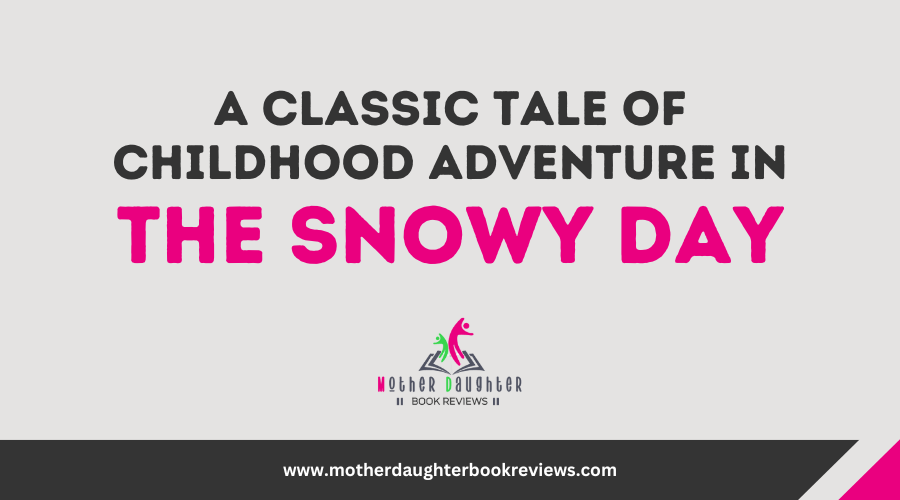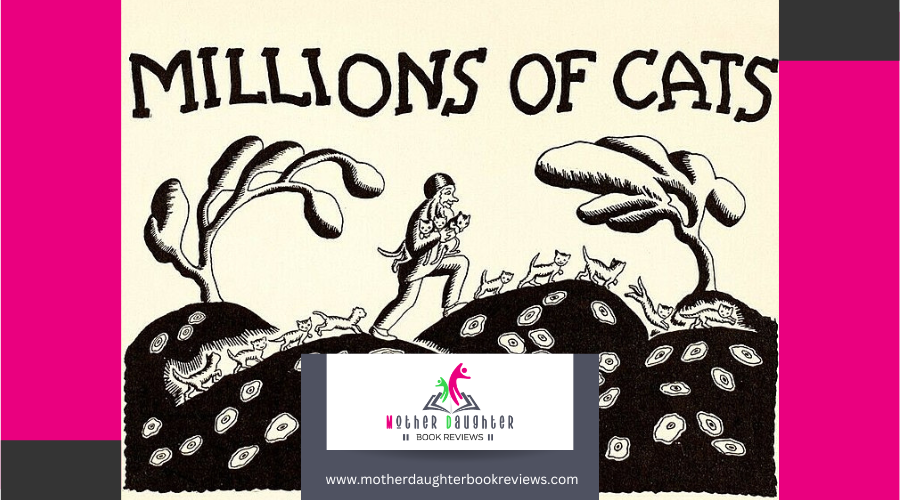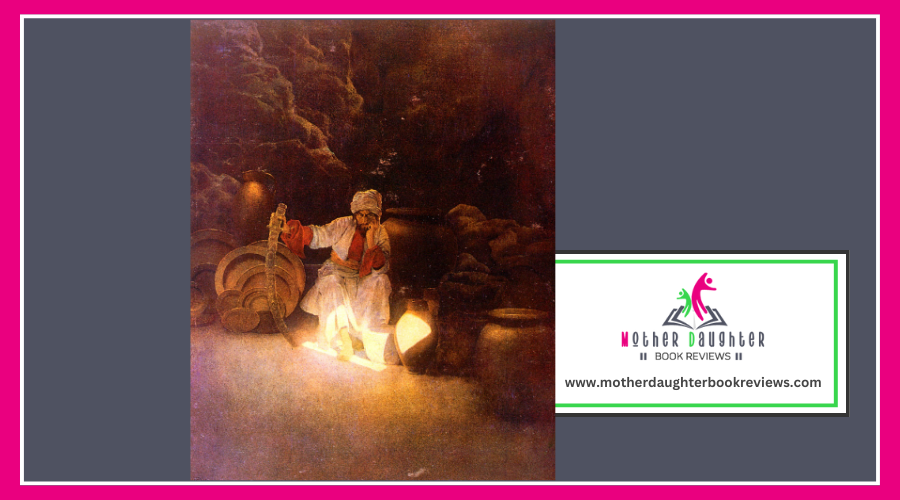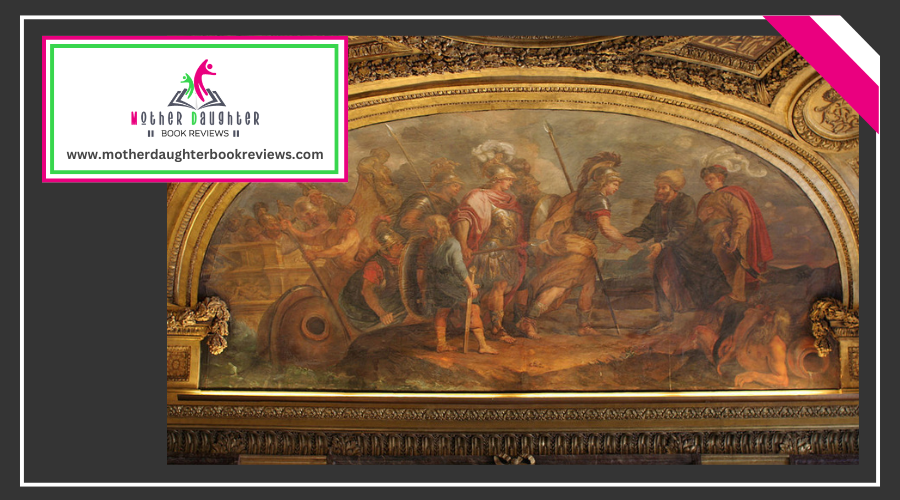Heroic Tales From the Greek Children's Classic the Iliad
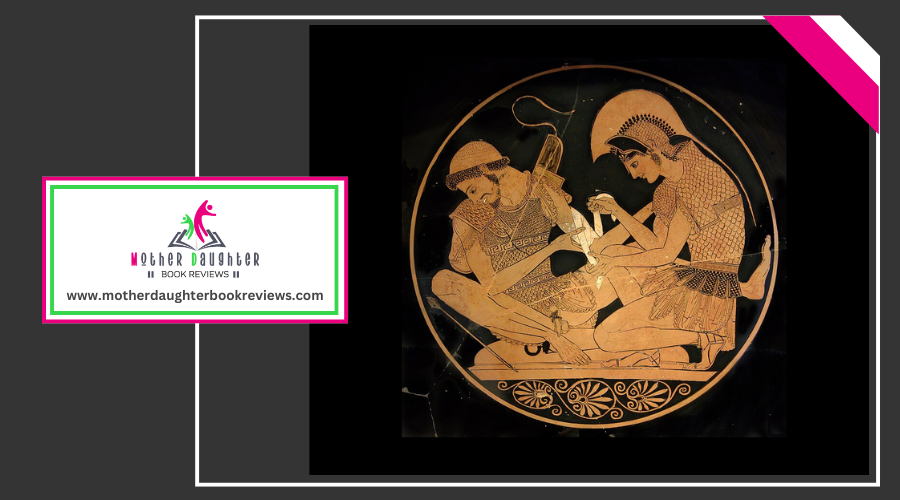
In the Greek children's classic, the Iliad, you'll find heroic tales filled with honor, rage, and bravery. Imagine Achilles' intense anger driving the plot, especially after his friend Patroclus' death, which leads him to confront Hector. Feel Hector's unwavering bravery as he defends Troy and faces Achilles. Witness the cunning of Odysseus with the ingenious Trojan Horse plan and the dramatic duel between Paris and Menelaus. Even Helen's role shows the deep impact individual choices can have.
Achilles' Rage
Achilles' rage is one of the most defining elements of the Iliad, driving much of the plot's tension and drama. From the very beginning, you witness how Achilles' fury shapes the narrative. His anger stems from Agamemnon's decision to take Briseis, Achilles' war prize, which you quickly realize is not just about the loss of a woman but a blow to his honor. This slight propels him to withdraw from battle, causing a significant shift in the Greek's fortunes.
As you explore deeper, you see his wrath intensify, especially after the death of his dear friend Patroclus. Achilles' sorrow morphs into a vengeful rage aimed at Hector, Patroclus' killer. This fury fuels his relentless pursuit and subsequent brutal slaying of Hector. Achilles' actions, driven by rage, don't just affect him but ripple through the lives of those around him.
Ultimately, his anger highlights the themes of pride, honor, and the human condition. By understanding Achilles' rage, you gain insight into the complexities of his character and the broader narrative of the Iliad. His fury is both his greatest strength and fatal flaw, encapsulating the essence of his tragic heroism.
Hector's Bravery
While Achilles' rage scorches the battlefield, Hector's bravery stands as a formidable counterbalance. You can't ignore Hector's unwavering courage as he defends Troy against the mightiest Greek warriors. Unlike Achilles, driven by personal vendettas, Hector fights for his city, family, and people. It's this sense of duty that enhances his bravery to heroic levels.
When you read about Hector's encounters, you see a warrior who never shies away from danger. Even when facing Achilles, knowing the odds are against him, Hector steps forward without hesitation. His confrontation with Achilles isn't just a clash of swords; it's a demonstration of his resolve and honor. You witness a man who understands the gravity of his role and accepts it fully.
Hector's bravery also shines through in his interactions with his family. When he bids farewell to his wife, Andromache, and son, Astyanax, you see the personal sacrifices he makes. He's fully aware of the potential consequences yet chooses to shoulder the burden for the greater good. Hector's bravery, thus, isn't just physical but deeply rooted in his love and responsibility for those he protects.
The Duel of Paris and Menelaus
The duel between Paris and Menelaus is one of the significant moments in the Iliad, capturing the essence of personal and political conflict. You witness Paris, the Trojan prince who abducted Helen, facing Menelaus, her rightful Spartan husband. This act sparked the entire Trojan War. Standing on the battlefield, Paris, initially hesitant, gains courage and accepts Menelaus's challenge to single combat.
You can see the tension mount as both armies stand still, watching their champions prepare. Menelaus, experienced and fierce, represents Greek honor and vengeance. Paris, though not as skilled, embodies the Trojan cause and the love that led to war. They exchange blows, each strike echoing their nation's hopes and fears.
During the intense fight, Menelaus gains the upper hand, almost defeating Paris. He grasps Paris by the helmet, but Aphrodite, the goddess who favors Paris, intervenes. She breaks the helmet strap, allowing Paris to escape back to Troy. The duel ends without a decisive victor, leaving the larger conflict unresolved.
The Trojan Horse
Imagine yourself standing on the plains of Troy, witnessing the aftermath of a seemingly abandoned Greek camp. The Greeks, after a ten-year siege, appear to have sailed away. Left behind is a colossal wooden horse, an offering to the gods for a safe passage home, or so it seems. The Trojans, curious and hopeful, drag the horse into their city as a trophy of victory, unaware of the danger concealed within.
Inside the horse, Greek soldiers, led by Odysseus, wait in silence. Night falls, and the Trojans, celebrating their apparent triumph, fall into a deep sleep. Seizing the opportunity, the hidden soldiers emerge from the wooden structure and open the city gates. The Greek army, having pretended to leave, returns under the cover of darkness.
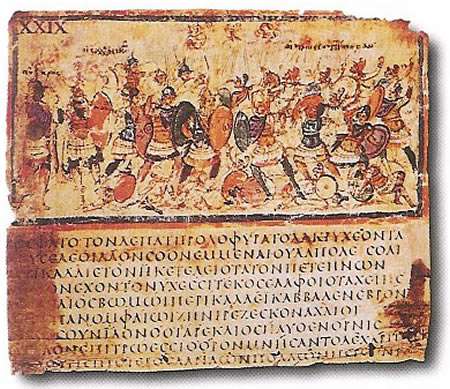
Patroclus' Sacrifice
You see, Patroclus is Achilles' closest friend and comrade, a bond forged through countless battles. When the Greek forces falter against the Trojans, Patroclus dons Achilles' armor, hoping to inspire courage and turn the tide of war.
As you read, you'll feel Patroclus' determination. He leads the Greeks valiantly, pushing the Trojans back. For a moment, the Greek camp is filled with hope. But the illusion of invincibility doesn't last. Hector, Troy's formidable prince, sees through the disguise. The clash between Hector and Patroclus is fierce and heart-wrenching. You can't help but sense the impending tragedy.
Patroclus fights bravely, yet he falls, struck down by Hector. His death isn't just a loss; it's a catalyst. Achilles, upon hearing of his friend's demise, is consumed by grief and rage. Patroclus' sacrifice becomes the turning point, motivating Achilles to rejoin the battle with a fury unmatched. In this moment, you're reminded that even the mightiest heroes are driven by love and loyalty, making Patroclus' sacrifice both heroic and deeply human.
The Wrath of the Gods
Frequently overlooked in tales of mortal heroism, the wrath of the gods plays an essential role in the Iliad's unfolding drama. You can't ignore how divine tempers shape the fates of heroes and alter the course of battles. When gods like Apollo, Athena, and Hera take sides, their interventions change everything for the warriors on the ground.
For instance, Apollo is furious when Agamemnon dishonors his priest, so he sends a plague to decimate the Greek army. This divine anger isn't just a background detail; it forces the Greeks to return Chryseis and sets off a chain reaction that affects the entire war. You see, mortal arrogance or disrespect can lead to divine retribution, drastically influencing events.
Athena's wrath is also significant. Her anger at Paris for choosing Aphrodite as the fairest goddess fuels her support for the Greeks. She manipulates events, like when she tricks Hector into facing Achilles, leading to Hector's death. Hera, too, driven by her vendetta against the Trojans, often pushes the Greeks forward.
The Siege of Troy
The Siege of Troy stands as one of the most defining events in the Iliad, encapsulating the sheer brutality and strategic ingenuity of ancient warfare. You can almost hear the clashing swords and see the towering walls that the Greeks desperately tried to breach. For ten relentless years, the Greeks and Trojans engaged in fierce battles, each side showcasing their might and valor. The Greeks erected their camps along the beaches, while the Trojans fortified their city, creating a stalemate that tested the limits of human endurance.
Throughout the siege, you'll see acts of bravery, betrayal, and sacrifice. The Siege of Troy is not just a tale of walls and warriors; it's a complex tapestry of human emotions, illustrating the lengths people will go to for glory, revenge, and survival.
Helen's Role
Amid the chaos of the Trojan War, Helen's role stands out as both a catalyst for conflict and a symbol of beauty and desire. When you think of Helen, you might picture the "face that launched a thousand ships." Her abduction by Paris, or perhaps her willing departure, sparked the decade-long struggle between the Greeks and Trojans. Helen's extraordinary beauty makes her a central figure, driving warriors to battle and nations to ruin.
As you explore the Iliad, you'll notice Helen grappling with her circumstances. She's acutely aware of the devastation her presence has caused. In several poignant moments, Helen expresses regret and sorrow, reflecting on the lives lost because of her. You can't help but sense her inner turmoil and yearning for peace.
Despite her role in igniting the war, Helen isn't depicted as purely villainous. Her character adds complexity to the epic, showing that even in stories of heroism and valor, there are shades of gray. Through Helen, you see the powerful impact one individual can have on history, highlighting the intertwined nature of personal choices and epic events.
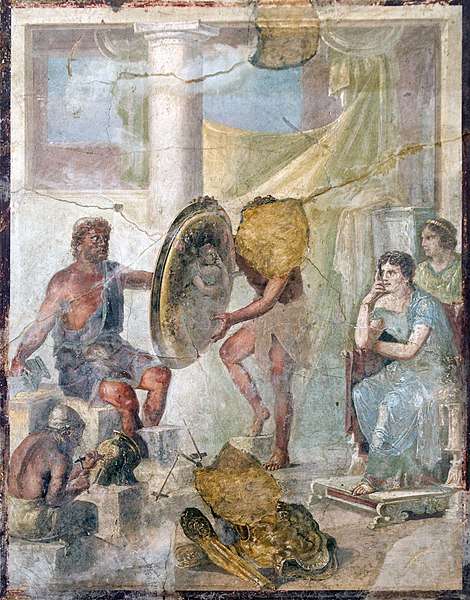
Odysseus' Cunning
Initiating tales of Odysseus' cunning, you'll encounter a hero whose intellect and resourcefulness set him apart. Odysseus, known for his quick thinking and clever strategies, stands as a symbol of wit in the face of adversity. One of his most famous exploits during the Trojan War is the idea of the Trojan Horse. Conceiving the plan to hide Greek soldiers inside a massive wooden horse, Odysseus tricked the Trojans into bringing their doom within their city's walls. This clever ruse led to the fall of Troy, showcasing his strategic brilliance.
Beyond the battlefield, Odysseus' cunning also shines in his ability to navigate complex social situations. For instance, when he disguised himself as a beggar to gain access to the enemy's plans, he demonstrated his talent for deception and adaptability. These skills not only aided him in war but also in his long expedition home, as detailed in the Odyssey.
Odysseus' cunning isn't just about grand strategies; it's about solving problems creatively and adapting to changing circumstances. Through his tales, you learn that true heroism often lies in the mind as much as in physical strength.
The Funeral Games
The games feature chariot races, boxing, wrestling, and foot races, among other events. Each contest tests the strength, skill, and courage of the participants. Achilles himself oversees the events, ensuring that fairness and respect for the fallen are upheld.
You see chariots racing at breakneck speeds, wheels skimming the ground, and drivers urging their horses with fervent cries. The boxing matches are fierce, with contestants exchanging powerful blows, each strike echoing the intensity of their emotions. Wrestling bouts showcase raw strength and technique as warriors grapple on the dusty ground.
These funeral games aren't just about competition; they're a way to honor the dead and celebrate the warrior spirit. Through these contests, the memories of fallen heroes like Patroclus live on, their bravery and valor forever etched into the hearts of those who remain.
Wrapping Up
The Iliad offers a rich tapestry of heroic deeds, human emotions, and divine interventions that continue to captivate readers. From Achilles' unrelenting rage to Hector's noble bravery, and from the cunning of Odysseus to the tragic sacrifice of Patroclus, each character embodies timeless qualities of honor, loyalty, and courage.
The epic explores the complex interplay between fate and free will, showcasing the far-reaching consequences of individual actions. These heroic tales, whether in battles or moments of deep personal reflection, remind us of the power of human spirit and the eternal quest for glory and justice.

